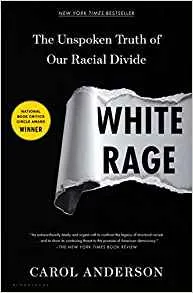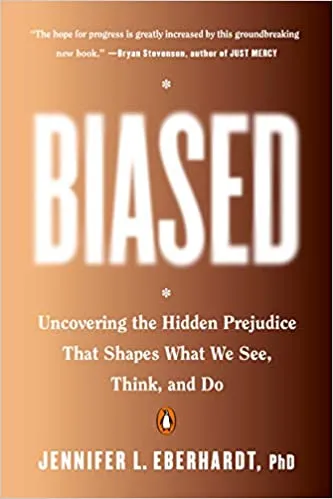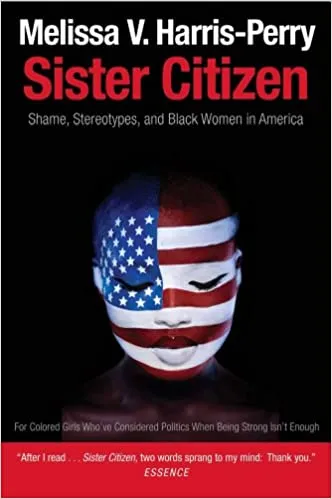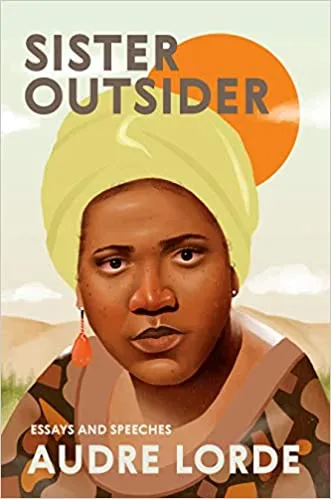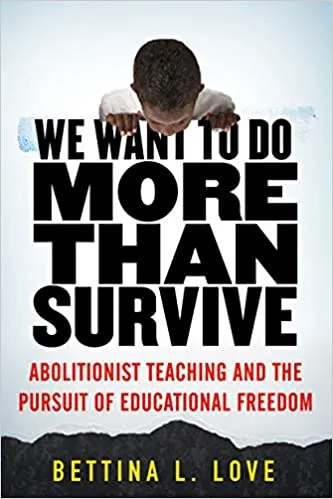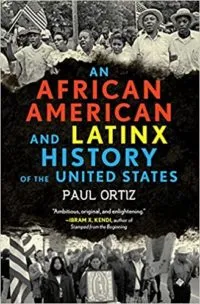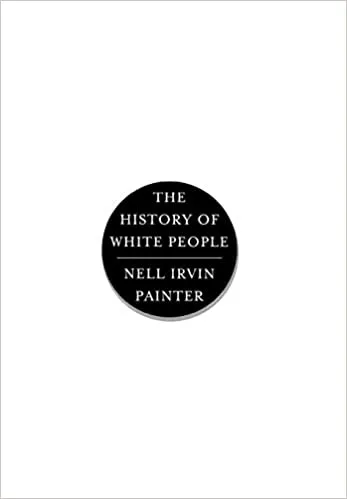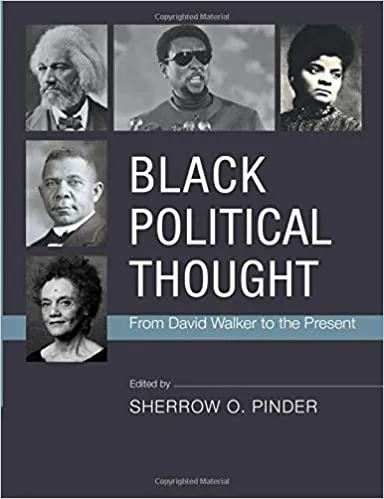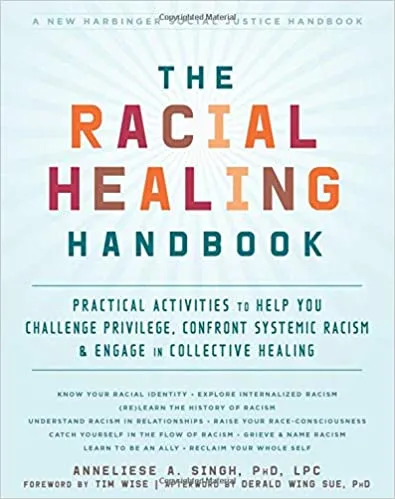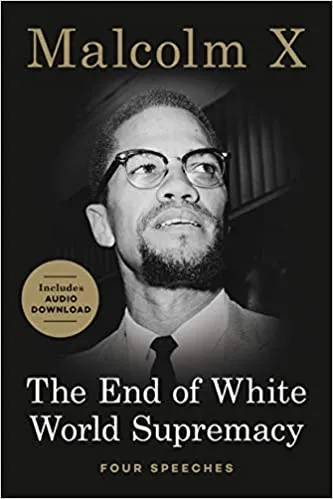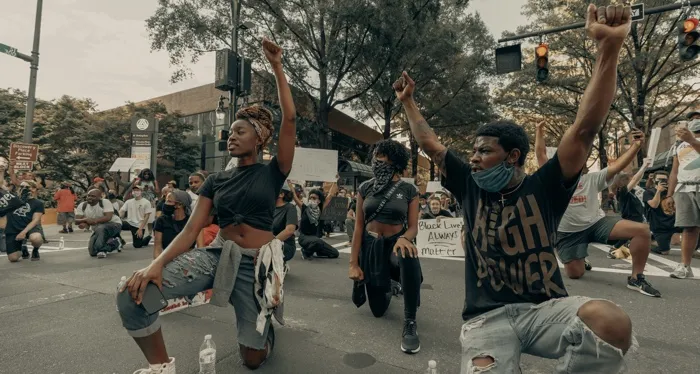
Read Harder: A Nonfiction Book About Anti-Racism
Interest in books by Black authors, particularly nonfiction books about anti-racism, surged in the summer of 2020. As a nation, we’ve been largely confined to our homes due to the pandemic. Consequently, we weren’t able to ignore the outcry that followed the murders of Ahmaud Arbery, Breonna Taylor, and especially George Floyd.
As protests raged across the country, the idea of anti-racism became mainstream. Businesses and other institutions released anti-racism statements. Many organizations held trainings on race and ethnicity. Politicians acknowledged (or refused to acknowledge) systemic racism. Moreover, flocks of everyday people turned to libraries and book stores to learn more.
Black authors topped national bestseller lists. Libraries reported record numbers of requests for anti-racist books. It felt like a collective consciousness raising similar to that of the 1960s and ’70s. Black scholars and activists remind us, however, that this is only a first step. Anti-racist action must follow.
Certain titles appear repeatedly on lists like this, so I’ll try not to duplicate too much for the Read Harder Challenge. You can find more titles here.
Nonfiction Books About Anti-Racism
White Rage: The Unspoken Truth of Our Racial Divide by Carol Anderson
Often, conversations around anti-racism are softened. People feel more comfortable discussing unconscious bias or white fragility. However, Anderson unapologetically calls out the destructive power of white rage. Since there is nothing fragile about racism, it’s important to recognize the impact of white anger. Ultimately, Anderson details a history of white backlash to Black advancement.
Biased: Uncovering the Hidden Prejudice That Shapes What We See, Think, and Do by Jennifer L. Eberhardt, PhD
We can’t talk about anti-racism if we can’t recognize racism. Eberhardt’s book exposes racial bias as it appears in American schools, neighborhoods, workplaces, and criminal justice system. Using straightforward language, Eberhardt’s insights are clear and well-supported. Additionally, she offers readers tools to address racial bias.
Sister Citizen: Shame, Stereotypes, and Black Women in America by Melissa V. Harris-Perry
Harris-Perry offers an analysis of how Black women process the intersection of racism and sexism to understand themselves as citizens. The author looks at dangerous stereotypes that permeate American culture and how these reflect the complexities of Black womanhood. She captures the voices of Black women and highlights our interconnection.
Sister Outsider by Audre Lorde
The incomparable Audre Lorde certainly needs no introduction. In this collection of 15 essays and speeches, Lorde addresses racism, sexism, homophobia, ageism, and class. Furthermore, she forces us to examine and face the issues facing those of us who are Black, female, queer, otherwise marginalized, and any combination thereof.
We Want to Do More than Survive: Abolitionist Teaching and the Pursuit of Educational Freedom by Bettina Love
This is one of my personal favorite nonfiction books about anti-racism. Love details the ways in which racism and intersectional oppression permeate the structure of our schools. Illustrated with anecdotes from her experience as a Black child and later as a teacher of Black and Brown children, the book presents research in a practical way. Ultimately, Love posits that “education can’t save us—we have to save education.”
An African American and Latinx History of the United States by Paul Ortiz
Too often we’ve heard history from one perspective. Instead, this book explores over 200 years of American history with Black, Latinx, and Indigenous voices centered. Through rich narratives and primary source documents, Ortiz shows readers how American history shapes our current challenges.
The History of White People by Nell Irvin Painter
In this much-needed historical text, Painter details 2000 years of Western Civilization. Notably, she explains the invention of race, as well as the elevation of whiteness. Readers are reminded that the concept of whiteness is fairly recent and that its creation has economic and political purposes.
Black Political Thought: From David Walker to the Present Edited by Sherrow O. Pinder
This anthology includes over 150 years of speeches and articles by Black scholars from Frederick Douglass to Barbara J. Fields. It is designed for both the college classroom and for a general audience. Overall, this text offers a crash course in Black political thought.
The Racial Healing Handbook: Practical Activities to Help You Challenge Privilege, Confront Systemic Racism, and Engage in Collective Healing by Anneliese A. Singh, PhD
Remember how I mentioned action? Well, this practical text includes activities we can all do to unpack and combat racial harm. Likewise, it offers opportunities to reflect, grow, and build community.
The End of White World Supremacy: Four Speeches by Malcolm X
If you’re reading nonfiction books about anti-racism, there are classic authors you have to include. For example, when we think of the Civil Rights Movement for Black Americans, Malcolm X is a towering figure. His powerful voice is captured in this collection of four speeches. Additionally, it includes discussions with the moderator to provide further insights.



